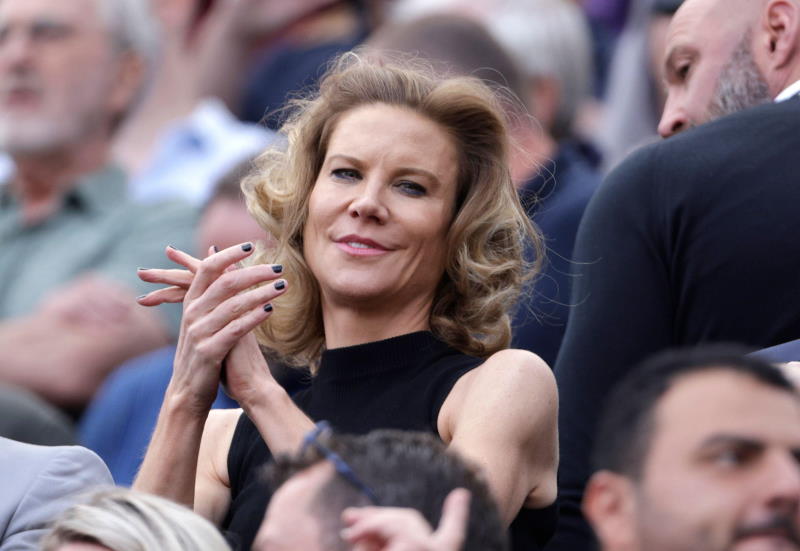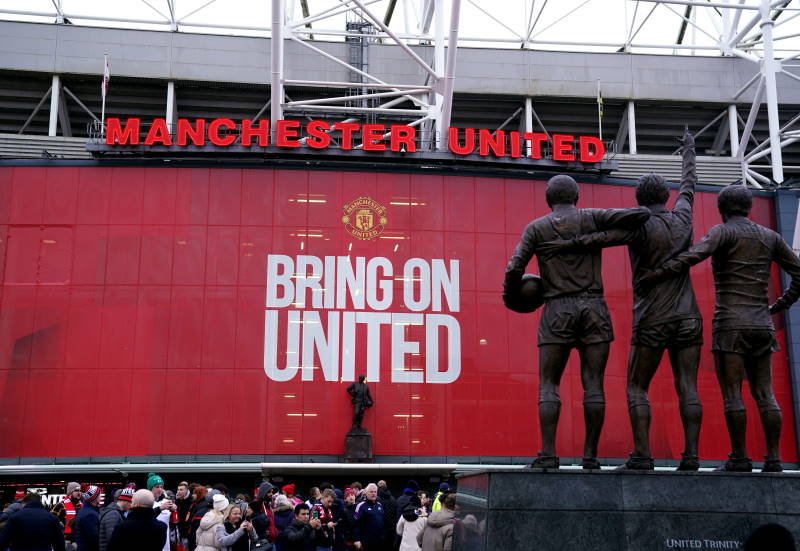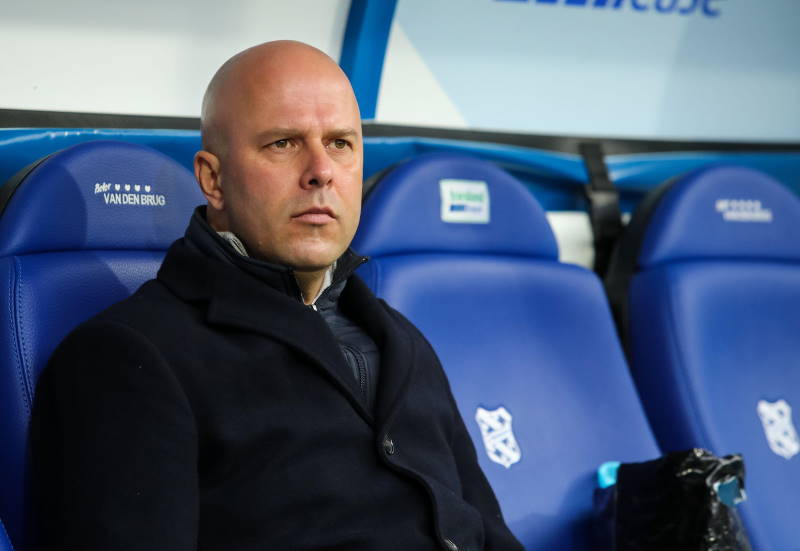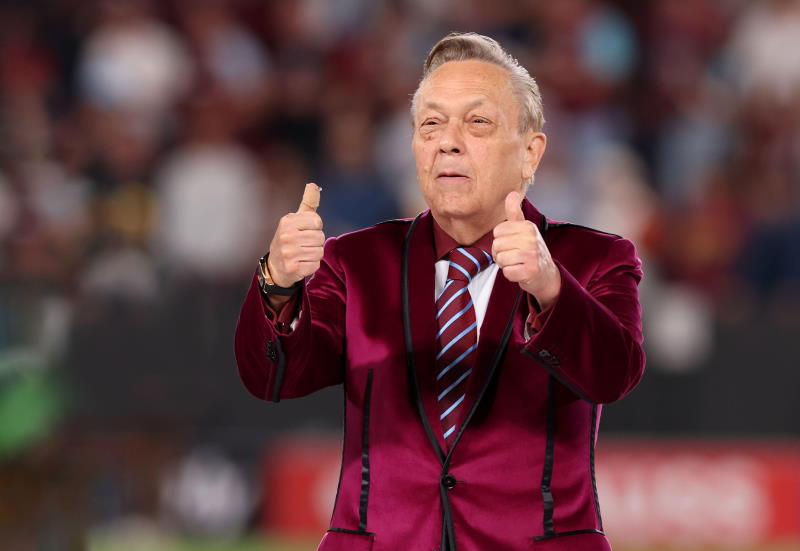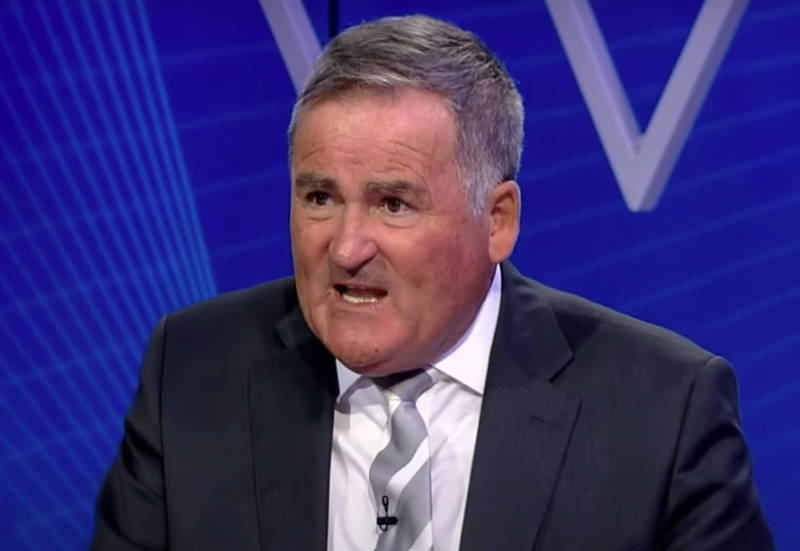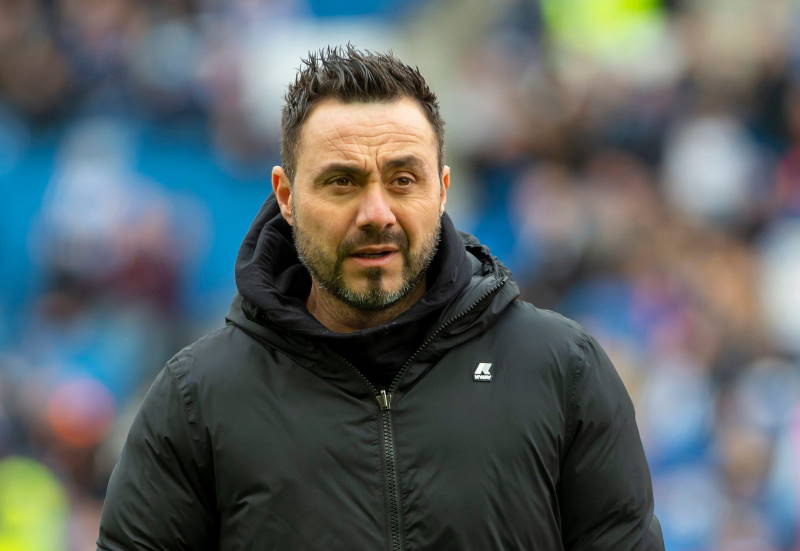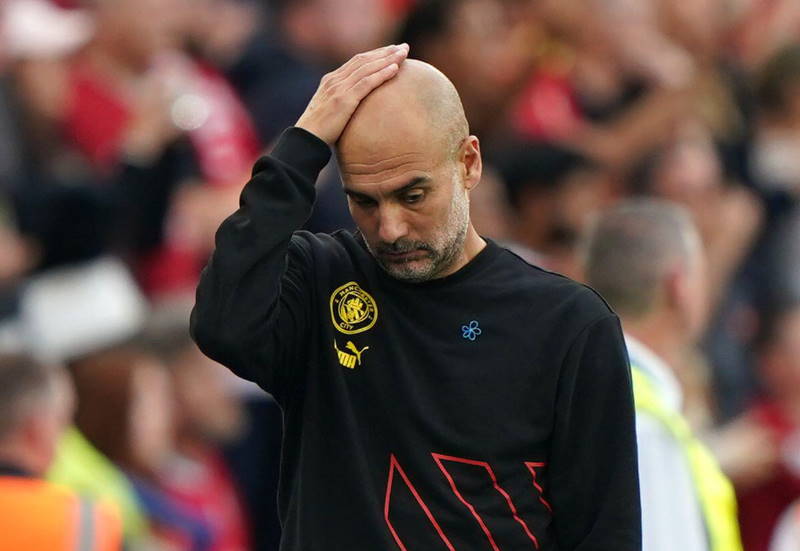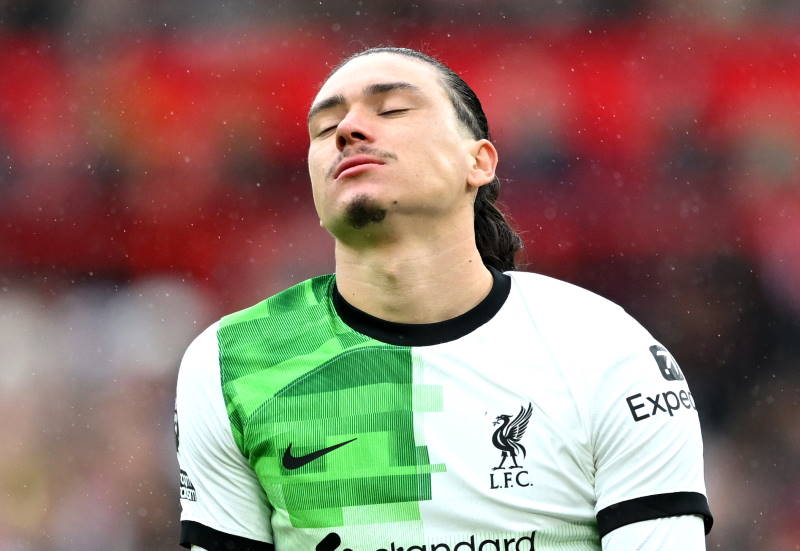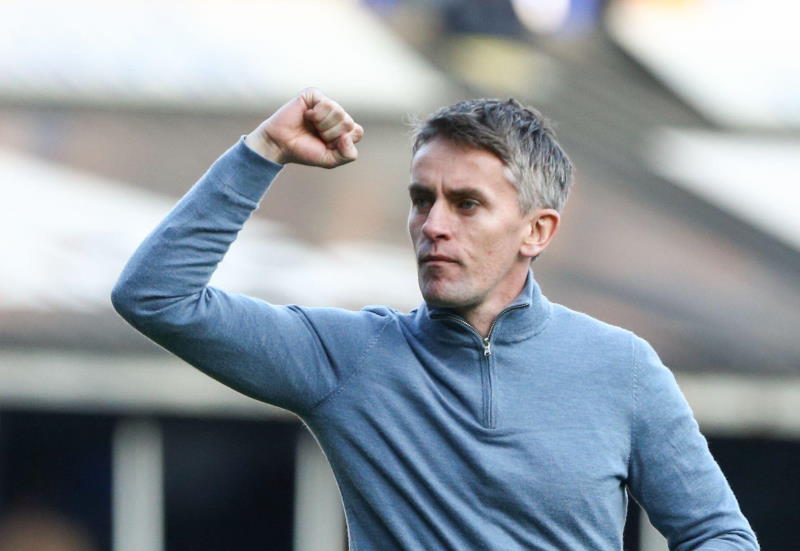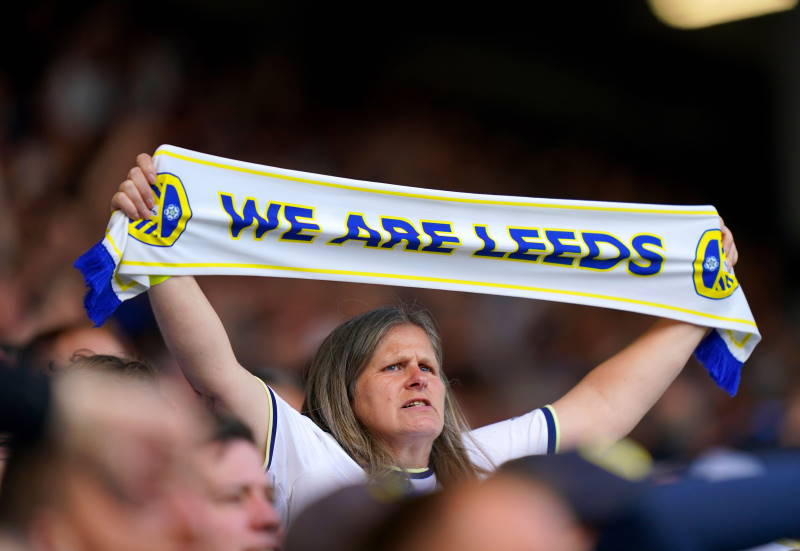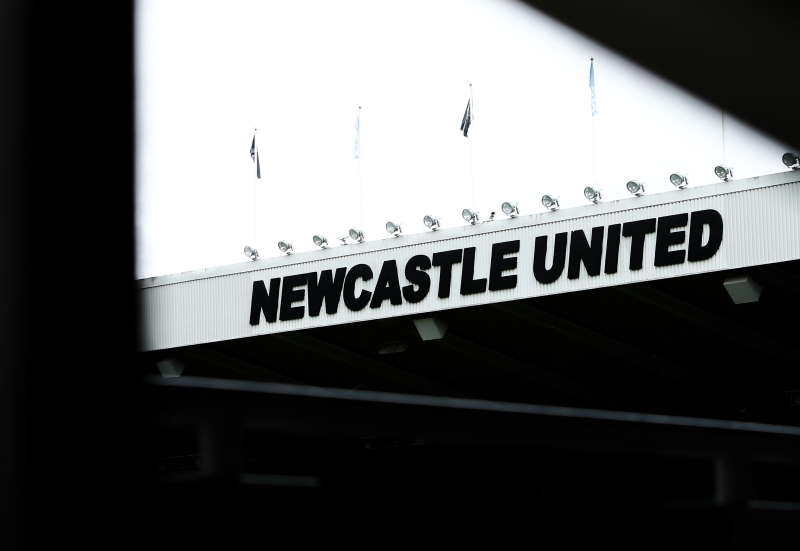
Phillip Buckley
They say that those who cannot remember the past are doomed to repeat it. But while the saying, memorably coined by American philosopher George Santayana, is often wheeled out to describe those who continually fail to learn from the mistakes of others and, unsurprisingly then fail themselves, the quote can also be viewed another way, telling those who are ready to learn from history what has worked in the past and is likely to work again in the future. As Manchester United toil under manager David Moyes, perhaps his predecessor Sir Alex Ferguson, keenly watching on from his leather backed seat in the Old Trafford directors’ box, should ponder on what he might have done differently to give his club the best chance of succeeding when he, as he always inevitably would, stood down.
Did Ferguson believe he could continue at Manchester United forever? It scarcely seems plausible that a man used to thinking three, even four steps ahead, would not consider a time when he would not be running the show at the team he did so much to elevate to one of the biggest clubs in the world. A stand named in his honour, a statue standing outside Old Trafford, even of late a road, Sir Alex Ferguson Way, leading to the ground, Ferguson’s legacy seems beyond reproach. But ironically, as the tightly woven cloth, containing a thread of dominance which ran through the club, unravels by the week, how Ferguson is viewed could change with the passage of time. It isn’t so much that Ferguson publicly claims to have handpicked Moyes, a cautious manager, unused to the expectations at such a club and with a European and domestic achievement list that wouldn’t trouble a one-eyed, one-armed, two-fingered stenographer, but that he should be there at all that is the very crux of a rather large matter.
How did Manchester United get to Moyes? Whispers point to Ferguson initially recommending Jose Mourinho to the Old Trafford board, but to a chorus of disapproval with concerns over the Portuguese’s flamboyant, controversy attracting nature. Next up was a trip to Paris to meet Carlo Ancelotti, said to have taken place in April and at which Ferguson is believed to have asked the Italian if he would like to be considered as his successor. But it was too late. Ancelotti had already committed himself to Real Madrid. And so Moyes fell onto Ferguson’s radar. Ferguson probably spent the flight back from Paris weighing up the pros and cons of giving his countryman the opportunity of a lifetime. Yet what he should have wondered as he sank a vintage red wine in the late spring skies was why he was on the flight at all, why there was ever any need for him to think of someone he had never worked with as the club’s prospective new manager. Manchester United were scurrying around in the dog days of Ferguson’s reign. Just where was the succession planning which must surely have, as in any large organisation, have been carried out?
Ferguson memorably mocked Manchester United’s fierce rivals Liverpool when at the height of his powers, commenting that he had knocked them off their perch. The Scot, who had taken over at Old Trafford in 1986, eventually led his side to dominate English football as the Reds declined. It is likely Ferguson thought more about why Liverpool went downhill, attributing it to an ageing team, a poor managerial choice in Graeme Souness and the failure of the Merseyside club’s board to be financially savvy off the pitch, in a way Manchester United were cracking each and every day, than why they were on a perch at all. Ferguson should have studied just why Liverpool were able to remain at the summit of English football from Bill Shankly establishing them as a force in the mid to late 1960s and early 1970s, to the Souness-led implosion in 1992. From 1973 until 1991 Liverpool only once finished outside the top two, and when they did in 1981, they won the European Cup. But while Manchester United’s success from the early 1990s until last year all came under Ferguson, Liverpool had four managers presiding over theirs. Liverpool created a famous ‘boot room’, which helped groom succeeding managers, from Shankly to Bob Paisley, from Paisley to Joe Fagan and from Fagan to Kenny Dalglish. Liverpool got it wrong when they went outside the club, outside the boot room, bringing in Souness who, although a former player, came filled with ideas from a spell in Italy with Sampdoria and a successful time in Scotland at Rangers. He was a disaster, thinking he knew better and sweeping away all that had worked for so long. And Manchester United may be walking a similar road.
But it didn’t have to be like this. Ferguson had long enough to create his own boot room. He had long enough to groom players for management, pick those who might succeed, and bring them into his inner circle. When the time was right, a rising managerial talent could have been picked and eased into position to succeed him. However, Ferguson’s former charges that have gone into management have proven to be dismal underachievers, failing to come anywhere close to persuading any of the biggest clubs in the land to entrust them with their reins. Bryan Robson, a former Manchester United captain, flopped at Middlesbrough, his most recent job at the international backwater that is Thailand. Steve Bruce, a trusty leader on the pitch for Ferguson, has proven himself suited to middling jobs, floating from sides like Birmingham City to Sunderland, now at Hull, while Mark Hughes, Paul Ince and Roy Keane all continue the trait of punching well below their playing career heights. None were ever in with a chance of succeeding Ferguson.
The legendary former Manchester United manager may have found it unkind to make any prospective future boss wait for over two decades as part of the coaching staff at Old Trafford, but the birds could have proven themselves elsewhere in time and then come home to roost just when needed the most. It is this failure to plan for the day he would not be there, a failure to develop any managerial talent approaching his own lofty level, that may see his legacy viewed in a different light if Moyes and his successors reduce the Red Devils to also-rans. In truth, the financial might of Manchester United makes it unlikely that they will repeat Liverpool’s woes of going over 20 years without a league title, but the dominance, the certainty that if not this year then next year, the inevitability that anyone who is destined to be anyone and has the choice will choose Old Trafford and order a medal cabinet not in hope but firm, understandable expectation, looks gone.
It didn’t have to be that way. Ferguson could have planned for the day he was destined to leave. As it was, as his car rolled out of Manchester United’s Carrington training ground and Moyes’s rolled in, out went his backroom staff too, with the new broom sweeping entirely clean. And that on its own is firm evidence of the lack of succession planning at a club worth more than £1 billion. Moyes ushered in his own team. Out went goalkeeping coach Eric Steele, assistant manager Mike Phelan and perhaps most importantly, a man feted for his superb coaching ability, first team coach Rene Meulensteen; none were keen on moving on. “I didn’t want to leave, why would I?” said Steele. “You’ve just been part of a team that has had a great season and won the league. David de Gea’s had his best season. Does it make sense that you’re not retained to continue the good work? Sadly, that’s out of my hands.” Moyes should surely have paused for thought. Even if he truly believed his Everton coaching staff were better than those who moulded, coaxed and ushered Ferguson’s crop towards trophy after trophy, he shooed away the very thing he should have worked hardest to keep: continuity.
Like a smoothly conducted baton change in an Olympic relay, Moyes would have done best to let the machine Ferguson built roll on, making only minor changes. That is certainly what Ferguson wanted, according to Steele. “You had the United perspective – the manager saying: ‘Keep what you’ve got, keep the continuity, work with them and they’ll guide you through. You’re taking on a massive machine here.” Why would Ferguson have recommended a man who would go against his advice? In the dying days of his regime, the veteran manager must have been haunted by his own failure to plan for the day he would leave. If it ain’t broke, don’t fix it. It increasingly seems as if Moyes has broken it. But the problem is, Ferguson let him.
A Moyes-led crumbling of fortress Old Trafford won’t damage Ferguson’s standing and with the Manchester United faithful; that must surely be secure and the Scot will continue to be rated as one of the best managers to have ever graced the English game. However, a lack of succession planning could take the gloss off his legacy and make for painful times ahead while he watches on from the comfort of the directors’ box. Increasingly his 26 years at Manchester United may come to be seen as an Alexander the Great style personal mission; a great man sweeping away all competition through brilliance and sheer force of will. When Alexander died all that he had accomplished was quickly rolled back with no clear heir. Only time will tell whether Manchester United are destined to suffer the same fate, or whether Ferguson did build a Roman-esque dynasty, of the type Liverpool feasted on until the early 1990s.
Don't bet on football until you've visited Inside Bet! Interesting markets, top tips, betting facts – get all the info before you bet.

